 You may have missed the 72nd Annual Tony Awards broadcast last week…actually, based on ratings you almost certainly missed it…but even so you may have heard that movie star Robert De Niro dropped the f-bomb in a political statement directed at President Trump. Networks censors were ready and bleeped the offending word, as required by the FCC, but viewers at home still got the message.
You may have missed the 72nd Annual Tony Awards broadcast last week…actually, based on ratings you almost certainly missed it…but even so you may have heard that movie star Robert De Niro dropped the f-bomb in a political statement directed at President Trump. Networks censors were ready and bleeped the offending word, as required by the FCC, but viewers at home still got the message.
While LA and New York are known for liberal politics, it still came as a bit of a surprise when De Niro’s condemnation of President Trump was followed by a standing ovation. The famous Michelle Obama dictum, “when they go low, we go high” was nowhere to be seen.
This is not the first time that awards programs have drawn attention for outrageous or profane statements. U2’s Bono, Cher, Nichole Richie, and others have uttered “fleeting expletives” on awards shows in the past.
Profane political speech comes with a special challenge . According to Frank Bruni, opinion writer for the New York Times,
When you answer name-calling with name-calling and tantrums with tantrums, you’re not resisting him. You’re mirroring him. You’re not diminishing him. You’re demeaning yourselves.
The stunt by De Niro reminds me of a similar statement made by the editorial staff of the CSU student newspaper, The Rocky Mountain Collegian, back in 2007. After publishing a very brief editorial very similar in tone to De Niro’s statement, reactions from the community and alumni led to the student newspaper being moved off-campus where it is now published by the independent 501(c)3 non-profit Rocky Mountain Student Media Corporation.

The paper’s editor-in-chief J. David McSwane said in response to the controversy, “While the editorial board feels strongly with regard to first amendment issues, we have found the unintended consequences of such a bold statement to be extremely disheartening.”
Many would agree that the tone of political debate has indeed become “extremely disheartening” on many levels.
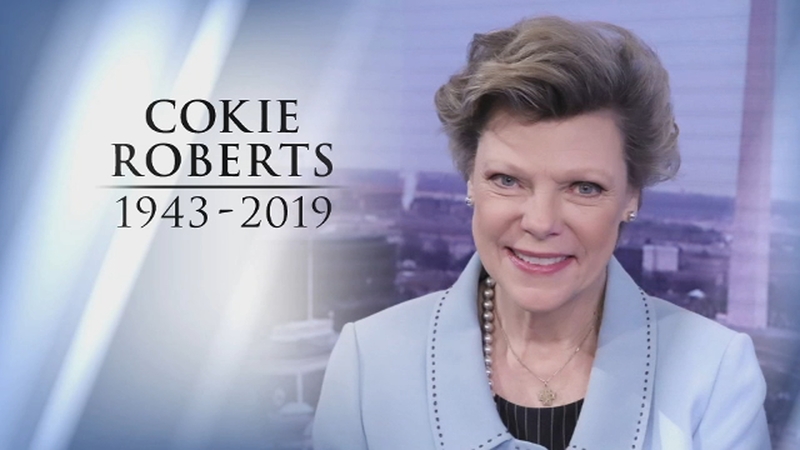

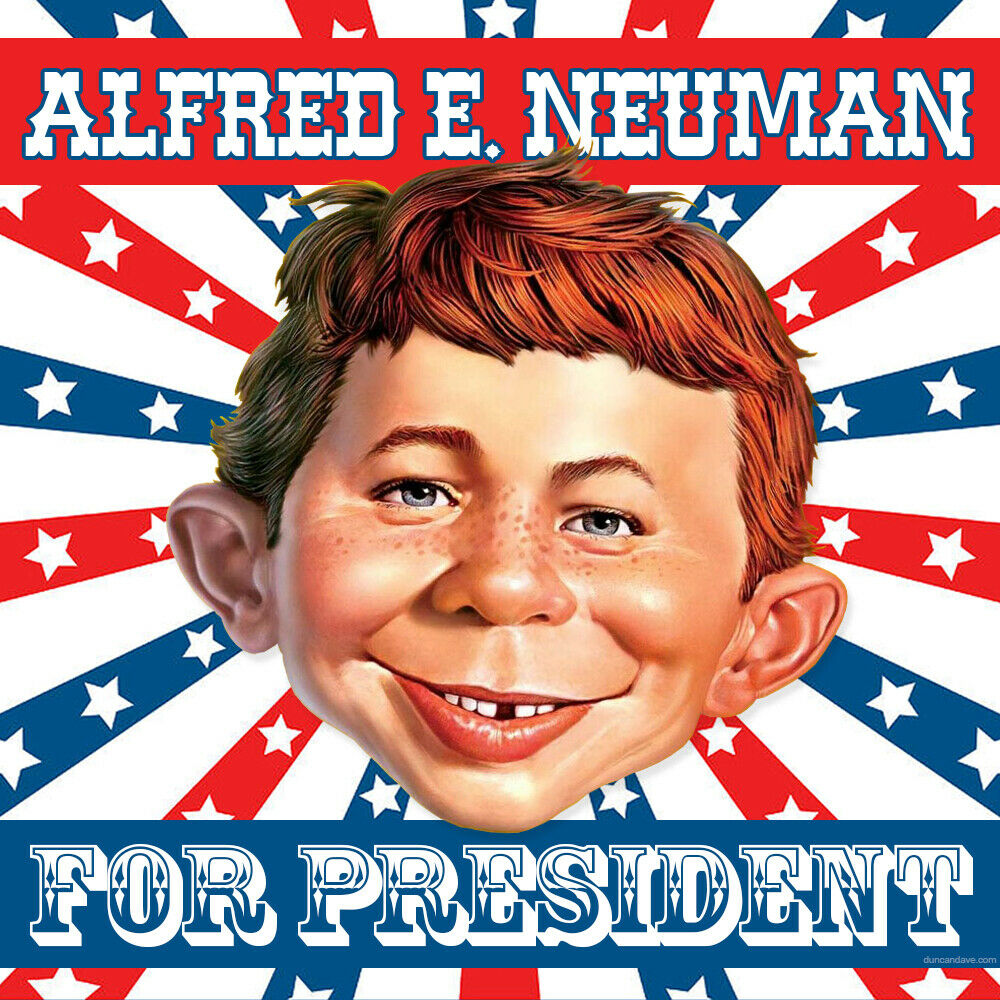
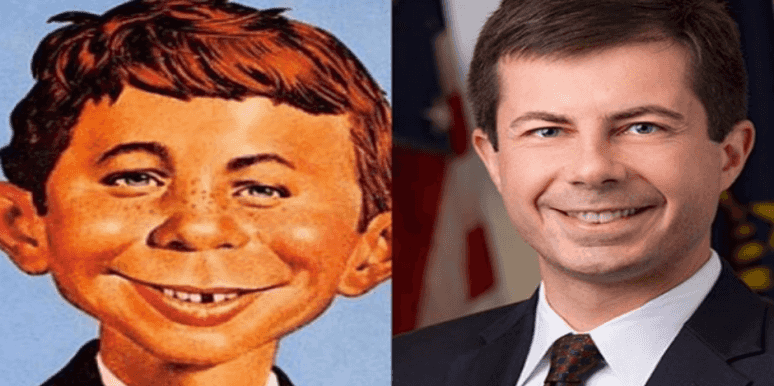
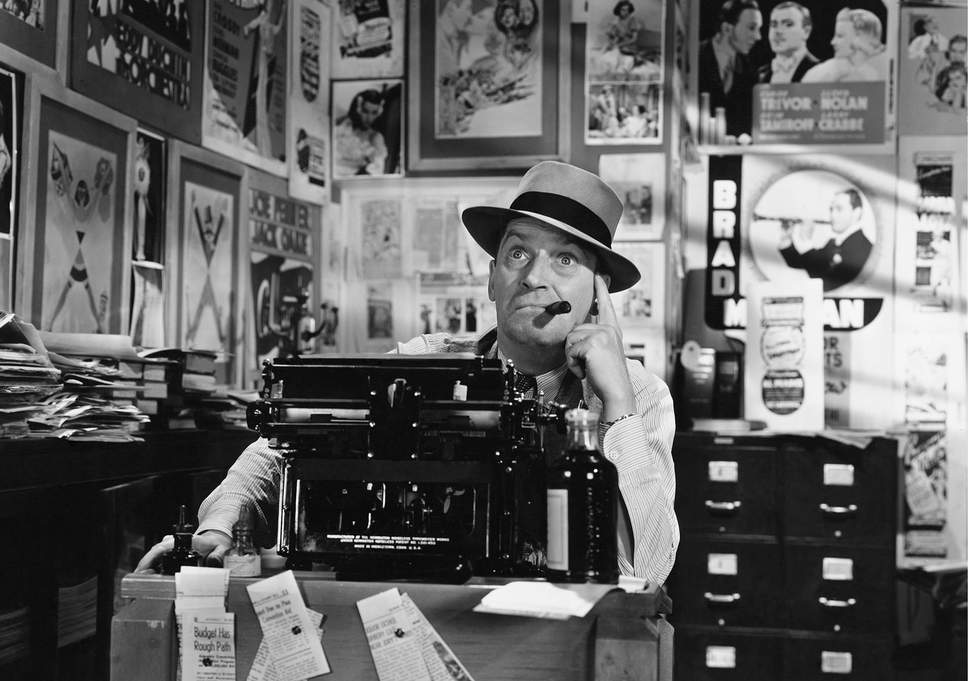

 You may have missed the 72nd Annual Tony Awards broadcast last week…actually, based on ratings you almost certainly missed it…but even so you may have heard that movie star Robert De Niro dropped the f-bomb in a political statement directed at President Trump. Networks censors were ready and bleeped the offending word, as required by the FCC, but viewers at home still got the message.
You may have missed the 72nd Annual Tony Awards broadcast last week…actually, based on ratings you almost certainly missed it…but even so you may have heard that movie star Robert De Niro dropped the f-bomb in a political statement directed at President Trump. Networks censors were ready and bleeped the offending word, as required by the FCC, but viewers at home still got the message.
 Spotify provides a streaming music service to millions of users, and like any media platform is legally entitled to pick and choose which artists and content to carry and feature. In what is very likely a response to the #TimesUp and #MuteRKelly movements, Spotify’s recent decision has become the subject of debate by both artists and listeners.
Spotify provides a streaming music service to millions of users, and like any media platform is legally entitled to pick and choose which artists and content to carry and feature. In what is very likely a response to the #TimesUp and #MuteRKelly movements, Spotify’s recent decision has become the subject of debate by both artists and listeners.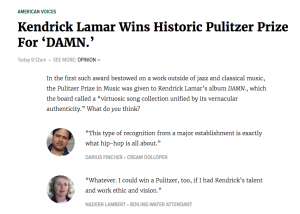
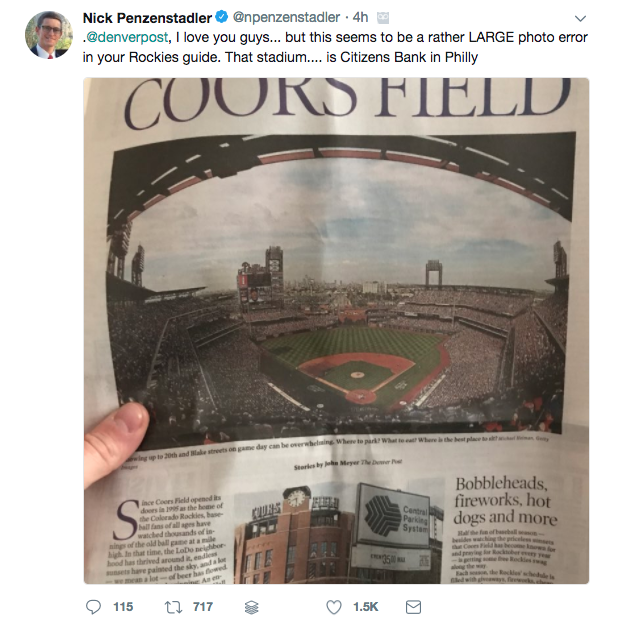 That may feel like an inconsequential error in light of the bigger issues of politics and world affairs, but it does illustrate the loss that Denver, the state of Colorado, and the country are facing as media corporations chase the bottom line while ignoring the communities that they’re supposed to serve.
That may feel like an inconsequential error in light of the bigger issues of politics and world affairs, but it does illustrate the loss that Denver, the state of Colorado, and the country are facing as media corporations chase the bottom line while ignoring the communities that they’re supposed to serve.